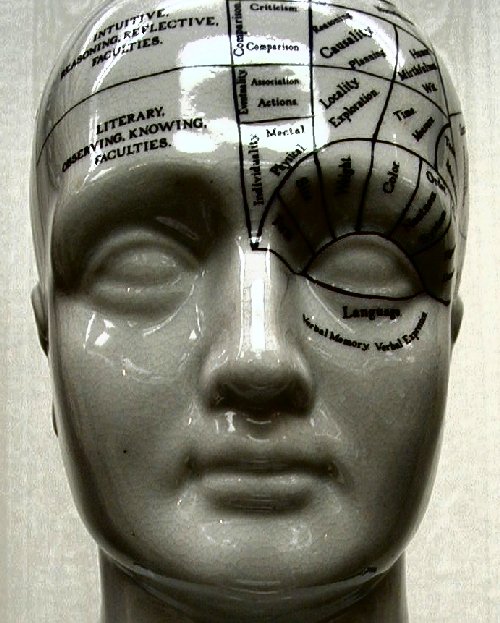Tricks of Memory
Today, our guest, Seattle actor Megan Cole, talks about memory and meaning. The University of Houston presents this series about the machines that make our civilization run, and the people whose ingenuity created them.
One of the questions that actors are often asked is, "How do you remember all those lines?" We all have our little ways. Some actors I know never seem to learn their lines at all, getting by on sheer charm and the kindness of fellow thespians who fill in the dead air. And prompters went out a long time ago.
Well, the technique that I have found the most helpful is this: Instead of memorizing words as separate entities, I try to memorize the underlying thoughts that make the words inevitable. This seems obvious, I guess, but you'd be amazed at the number of actors who say, in the middle of rehearsal, the equivalent of, "To be or ... hmmm ... line?" I know, because I've done this myself. And not only is it humiliating, but it also shows me I don't really know what I'm saying. That's a good thing to know.
It helps, too, to populate one's head with pictures of the things you're talking about, just as we do in what's commonly called "real life." And many of us find it easier to remember words when we can match the words to space or movement. It's a kinetic thing. So when you're, say, reaching up to stroke your leading man's lantern jaw, you're less likely to blurt out, "A horse, a horse, my kingdom for a horse." Such things do happen, of course, but only in French absurdist plays. In the main, it's a good idea to, as the man said, suit the gesture to the word.
Here's another trick: When you need to memorize a list of words, it's helpful to learn the first letters of those words, so that the recall of the letters provokes the memory of the entire words. Here's what I mean: If for some reason you have to say, "Oh, those pretty, vain, unobtainable vixens," you might memorize "P-V-U-V." Pretty. Vain. Unobtainable. Vixens. Simple! Of course, you might then come out with something like "peppy, vicious, uxorious vegetation" -- but that only means you haven't been listening and have neglected to identify the underlying thought.
Finally, when I have a series of numbers to remember, I sometimes figure out where those numbers fall on the musical scale and then remember the tune they create. Thus: (sing) "1-2-3-4-5-6-7-8-9" -- and zero can be any sound that appeals at the time. Let's take a telephone number. My friend Jean's number, for example, is 323-7365: (sing) "323-7365." Not a bad little tune. Which can then nicely morph into something more melodious: (sing) "3237-365 ... ta-da-ta-da ta-de-dum" This technique has the added advantage of making you seem to onlookers like a happy person. A little odd, but happy.
Whatever memorization techniques you use, though, the main thing is to know the underlying thought -- so that the outer is a reliable reflection of the inner. And isn't it funny how a simple little memory technique can turn out to be a simple little metaphor for life?
I'm Megan Cole, and in the theatre we give a great deal of attention to the way inventive minds work.
(Theme music)
Megan Cole is a noted stage and TV actor and regular visiting faculty member at the University of Texas Medical Center in Houston. She originated the role of Dr. Vivian Bearing in the Pulitzer-Prize-winning play Wit. She has also played recurring characters on Seinfeld, ER, Star Trek, and other popular shows.
For more on memorization and memory see Episodes 1226, 909, and 892.
